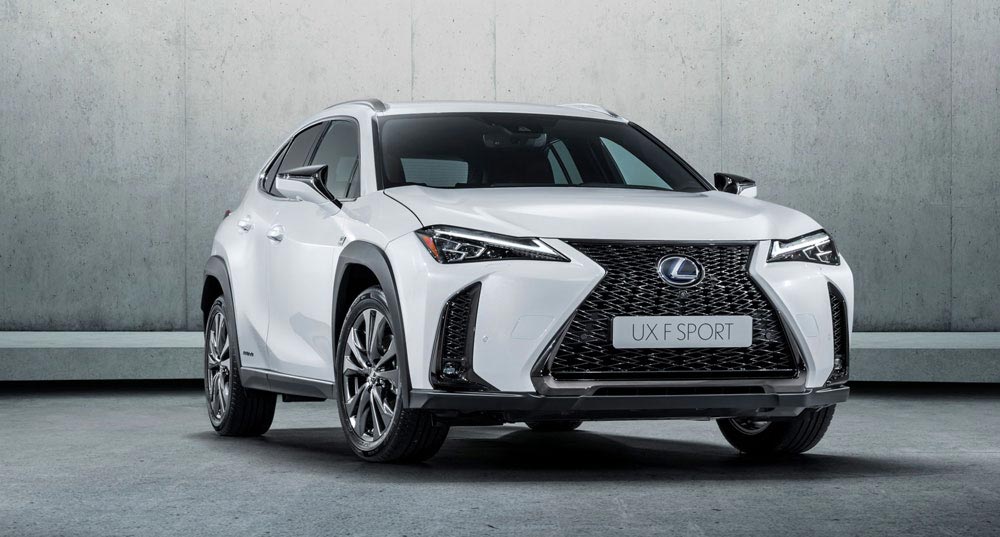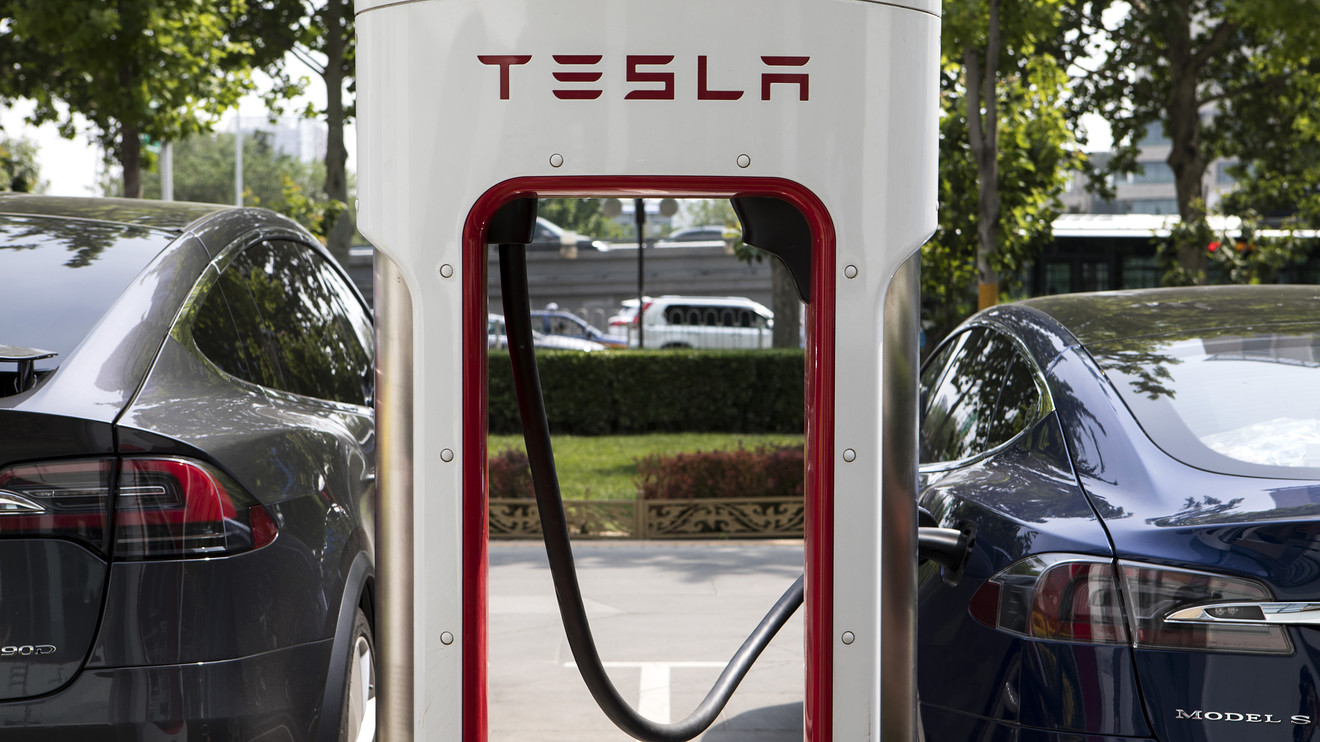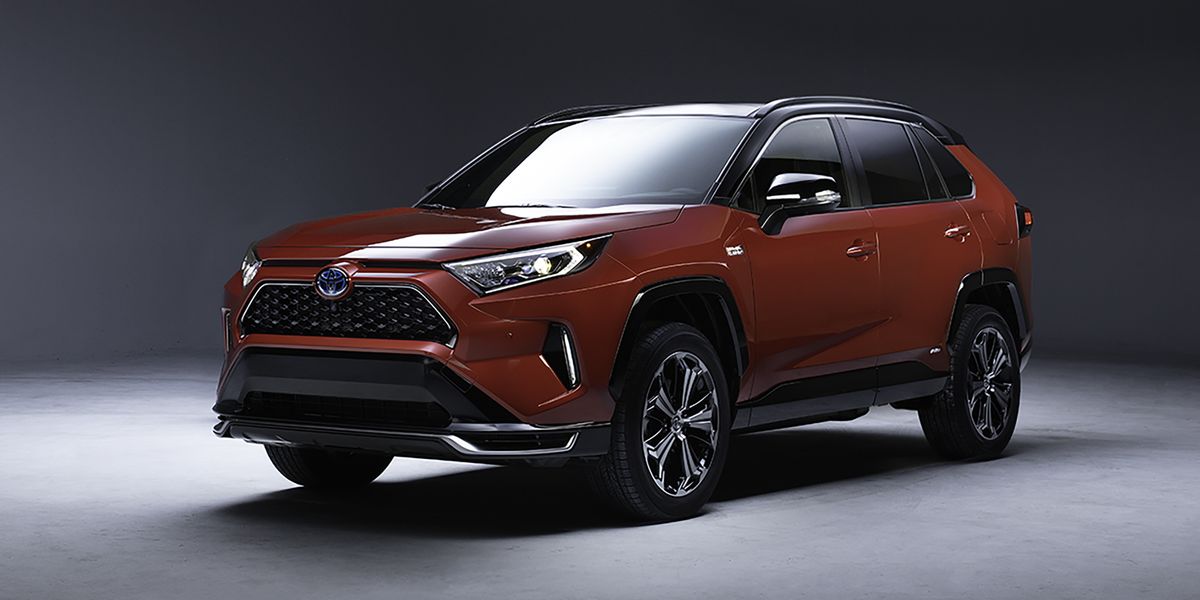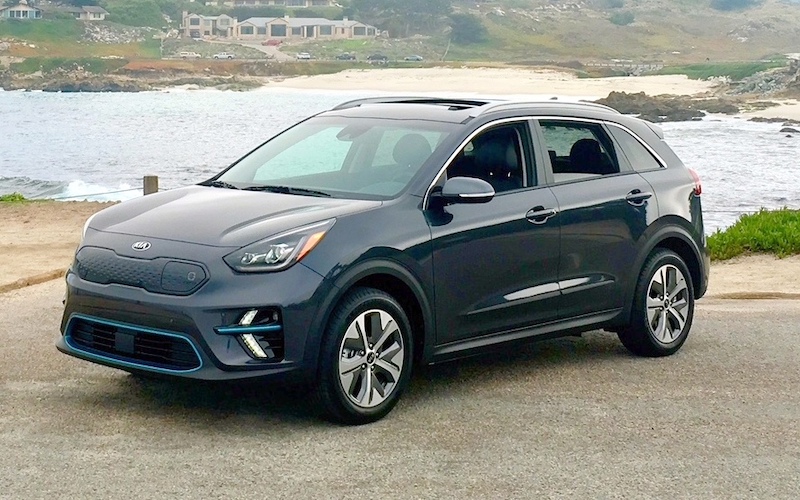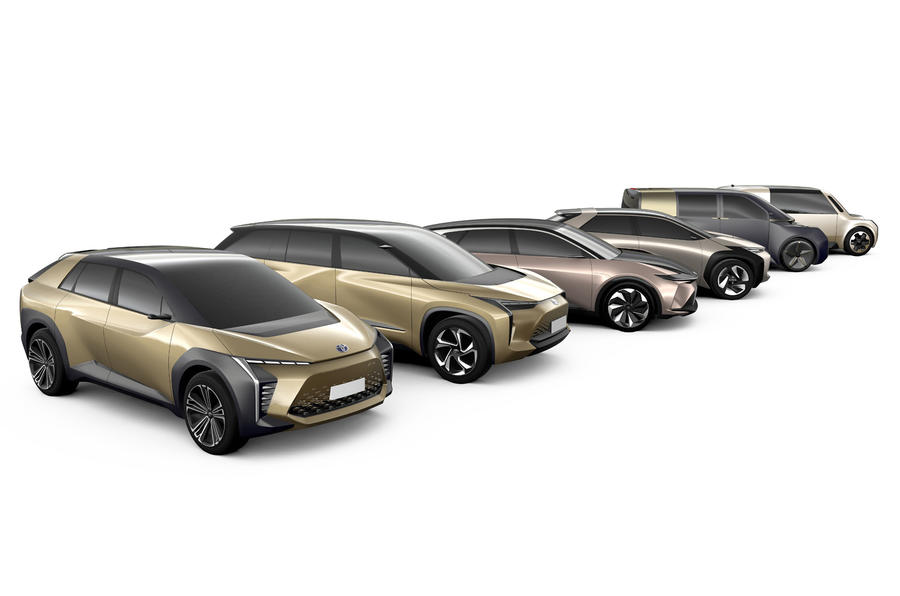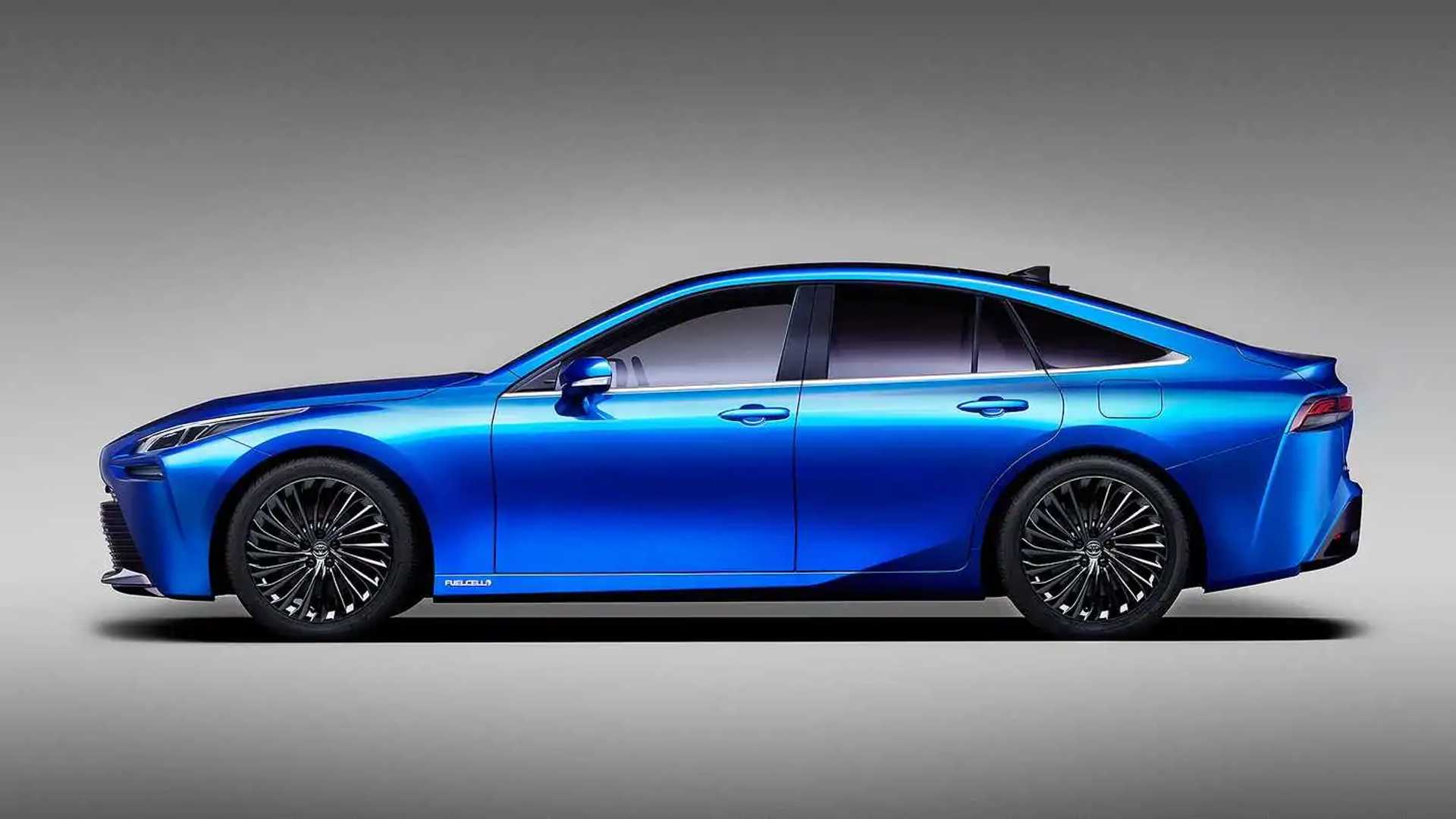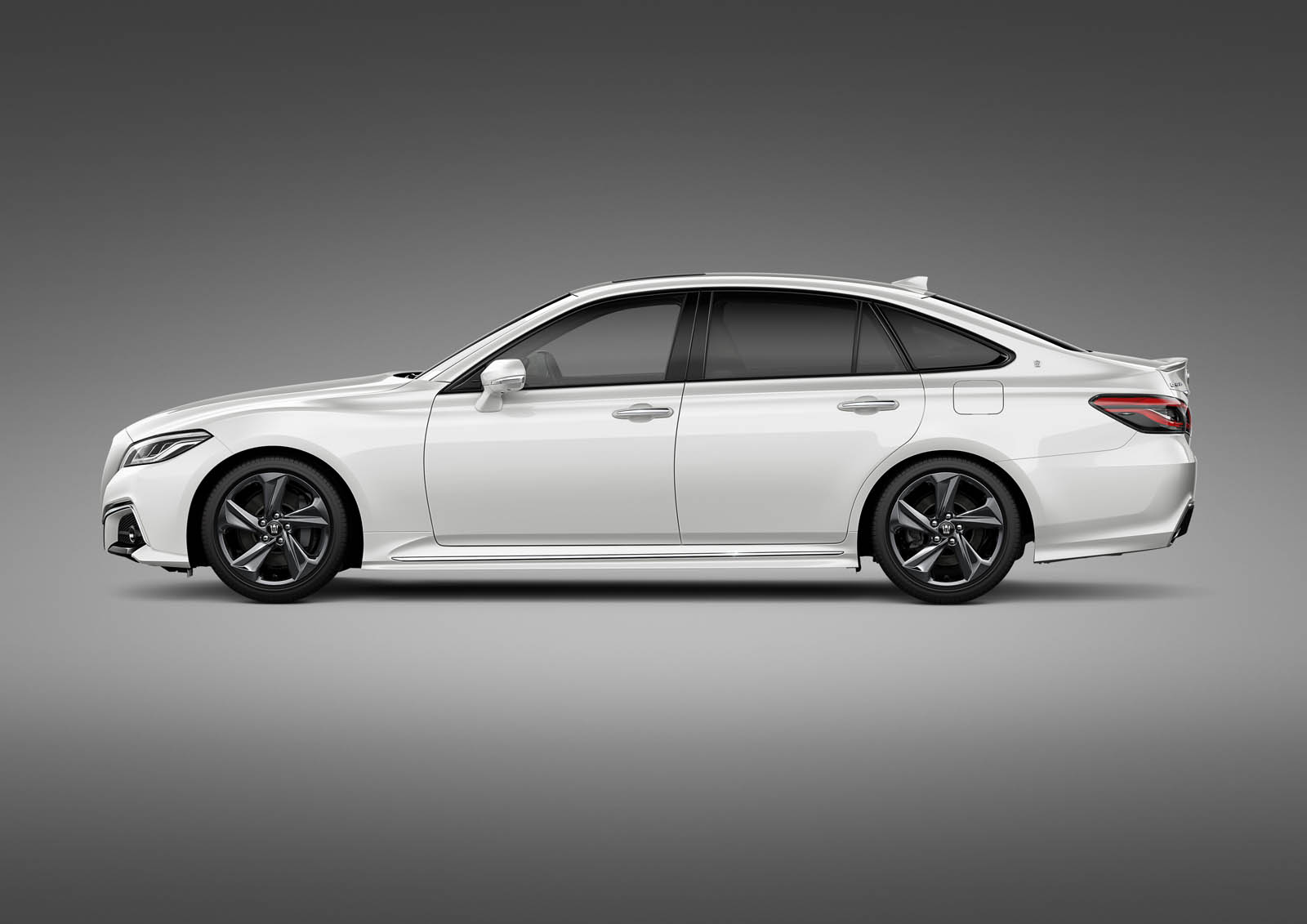I didn't realize until early this week (or last week) that Panasonic owns the Tesla battery cells. I admit I don't peruse Tesla's financial statements as I don't short stocks and don't want to risk losing money by going long TSLA shares over the long-term.
Once Tesla and/or Panasonic pulls out, Toyota (or other car makers that tie up with Panasonic) could be the winner.
From my limited reading, Panasonic's battery chemistry is superior in almost every way except for the extra heat generated as well as the likelihood of catching fire. Of course Toyota being a more conservative company, may want to tweak the chemistry into something more stable if its solid state battery technology needs a few more years before commercialization.
Just wanted to share the good news that in a few years' time, 300 mile BEVs will be more the norm instead of being the exception while Tesla boasts 400-500 mile BEVs.

To be honest, I think a 250 mile (all-year round) BEV suits 99% of my household's travel just fine but yeah, during winter, the driving range could drop by 35-50% here in Toronto, Ontario, Canada where temperature could be around -10 to -20C during winter. So to be honest, if Toyota can come up with a 300 mile / 250 mile (winter) range AWD BEV, I think I'm good with it.
Charging stations will outnumber gas stations, writes Vitaliy Katsenelson.

www.marketwatch.com
Tesla doesn’t own the battery-cell technology that goes into its batteries; that belongs to its partner, Japanese conglomerate Panasonic
PCRFY, -1.36% 6752, -0.89% . Tesla designed the battery pack the enclosure that houses the battery cells) and the battery management system controller (computer) that routes and manages electricity flow and the microclimate of the battery cells.
The battery is a key technology for Tesla, but at the moment Panasonic is in control of a big part of it. Just as Apple chose to bring development of the CPU that powers its iPhone in-house, Tesla, which is vertically integrated, may eventually increase its control over its battery technology. The company’s purchase of Maxwell Technologies, which has a battery technology that may significantly lower the cost of cell manufacturing, is the first move toward independence from Panasonic.
On the one hand, this strategy has a great appeal because if Tesla is able to produce a better (more durable, lighter, longer-range, faster-charging) battery at a lower cost, it could become a source of a competitive advantage. Today Tesla doesn’t fully control its destiny when it comes to batteries, so if BMW
BMW, +1.41% decides to use Panasonic’s cells, Panasonic will gladly supply it. BMW would still have to develop its own battery management controller, though.
